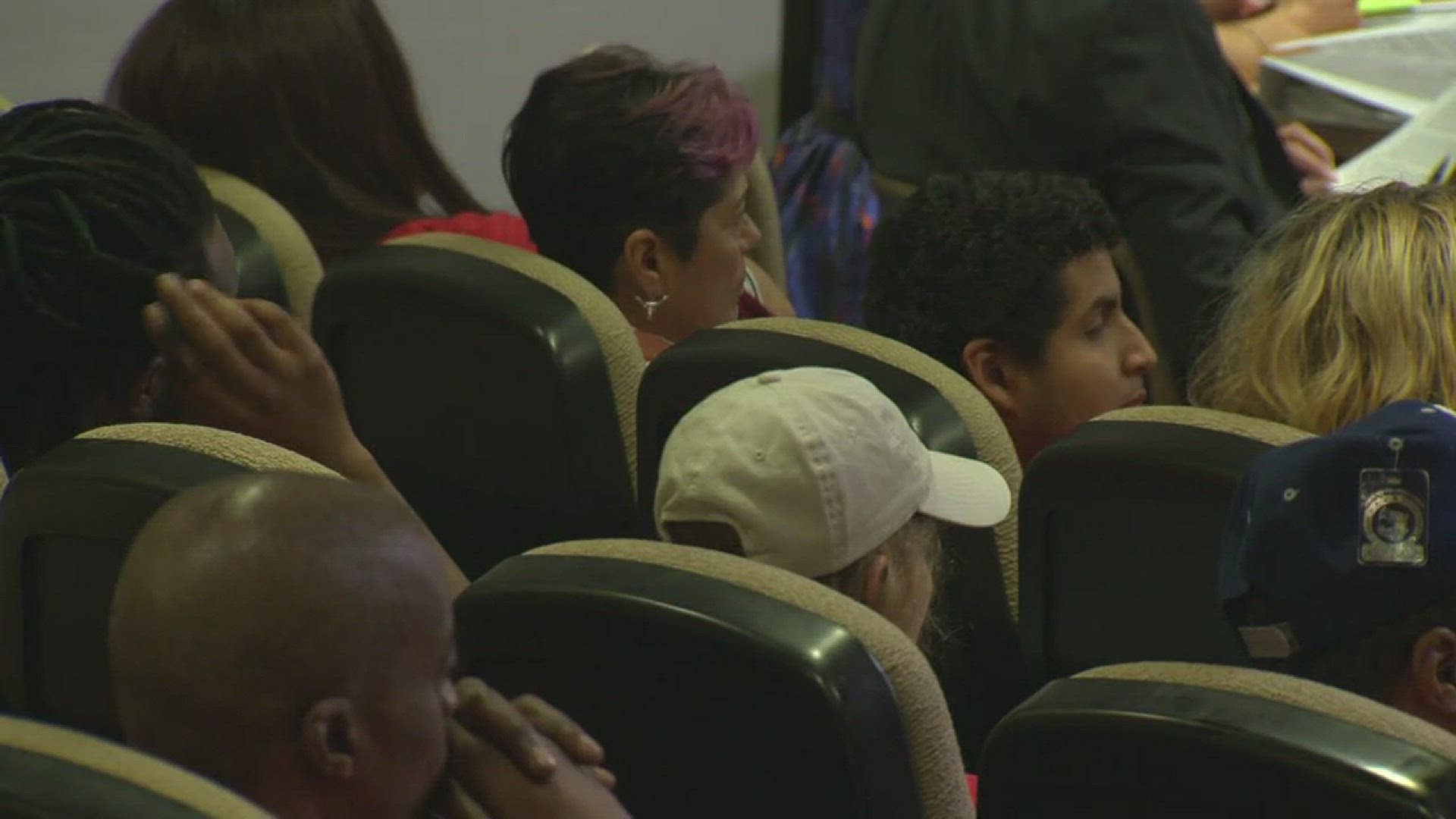In the wee hours of Friday morning, Austin City Council voted to reverse a decades-old policy about juvenile curfews.
“This is yet another policy that we have really nationally, but specifically here in Austin that facilitates a student's move to the justice system,” explained Rachel Gandy, a mental health policy fellow with Disability Rights Texas who was part of a stakeholder group tasked with reviewing the policy.
In June, the council voted to overturn a daytime policy, and called for a multi-organization stakeholder group to study the effects of the ordinance.
The policy applied to youth under 17 years old out past 11 p.m. and before 6 a.m.
“We would be out on the streets at night, to go to an aunt's house, or seek help from churches. During that time, I had to be out late at night, past the juvenile curfew time. Not because I chose to, but because I had to,” said one young speaker Thursday night in front of council.
“A lot of times you see decisions about youth being made without them, and I think it's important for youth to be able to be in that position where they're advocating for themselves,” said Rocio Villalobos, the community outreach coordinator for Texas Appleseed, a public justice center who took part in the group.
“The research does show that a juvenile curfew does not address crime and victimization,” explained Austin Police Department Assistant Chief Troy Gay.
He noted that juvenile crime rates in Austin are at their lowest point in years.
Data collected by the stakeholder group found that minority youth were disproportionately impacted by the ordinance.
The removal of the curfew was one of 18 recommendations presented by the stakeholder group during the council meeting.
"I think it's helpful when different members, different stakeholders are able to come together and for there to be recognition that a policy or practice that is being used isn't having an impact and being willing to revise practices in order to make room for solutions that are helpful to the youth in our community," explained Villalobos.
“Those recommendations range from providing youth focus training to police officers and others within APD to expanding mental health support within the community, and even creating an app that police officers and others have an easy tool so they can search through what services are available in the community,” said Gandy.
“Alternatives for the youth, whether it be safe rides, safe places, safe locations,” Gay explained.
Another recommendation is reviewing the possibility of expungement for those who have received citations under the policy.
Following the vote, Council Member Greg Casar expressed excitement, calling the policy "damaging."
"Our youth are very important. They are key to the success of the future of our society, and also one of the vulnerable (groups) in our society," said Gay.
In a statement, Education Austin president Ken Zarifis told KVUE:
Education Austin is proud to have served on the juvenile curfew task force. The decision by city council to end the curfew was the right one. The curfew disproportionally victimized young people of color. Any practice that does that must be stopped or all of our progressive talk about confronting inequity and racism is void of truth.
Education Austin is the union for Austin Independent School District employees, and Zarifis was a member of the Juvenile Curfew Task Force.
The Austin Police Department did not believe there were any open cases involving violations of the policy. The department said they had only issued warnings since the June city council vote.
Travis County does not have a curfew, and the curfew in Williamson County expired in 2015.

